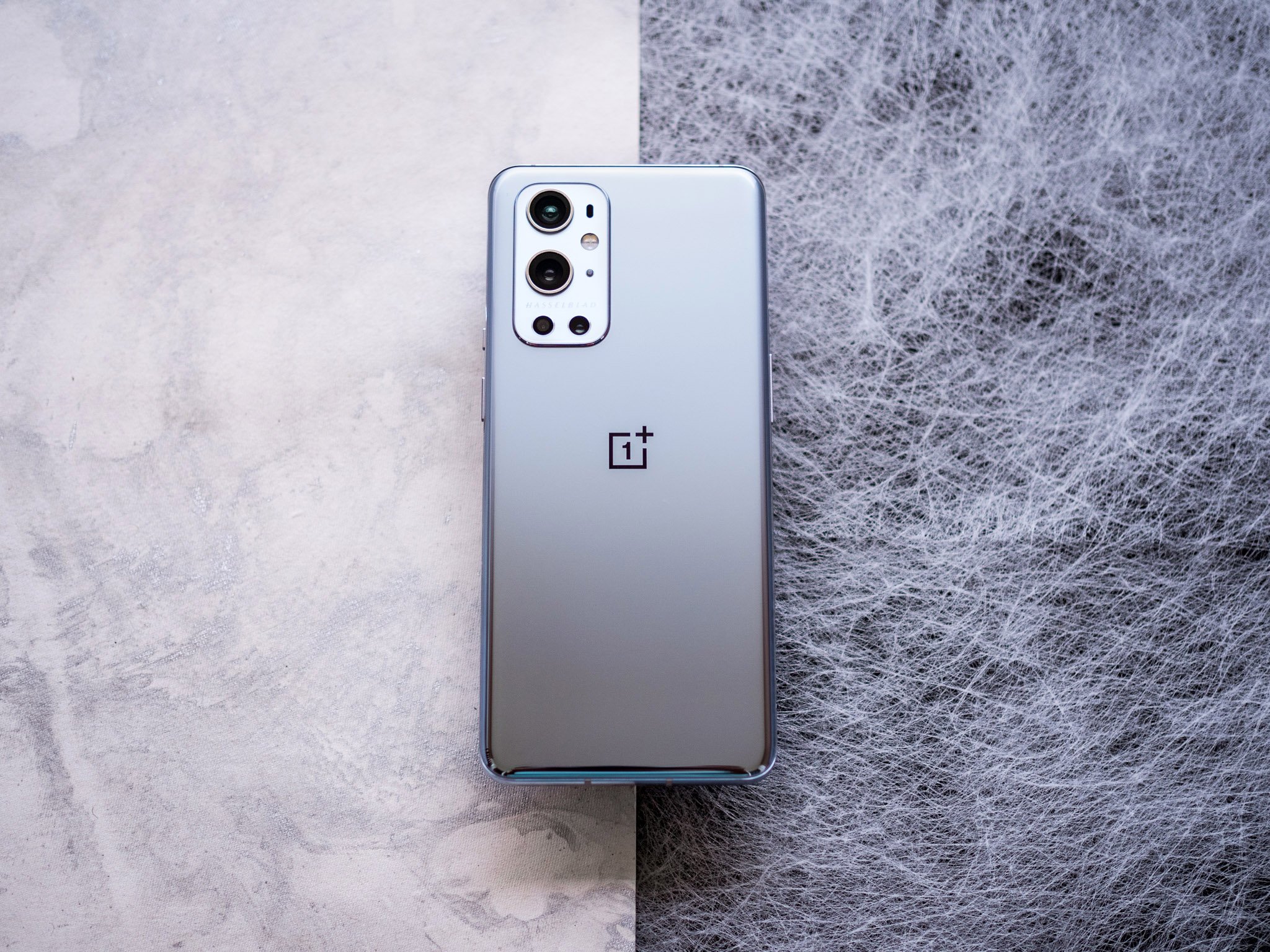The Pixel Watch isn't fixing Wear OS's problems, but Samsung might - Android
Google's had years to get WearOS together, so why do we think it's going to magically happen now?
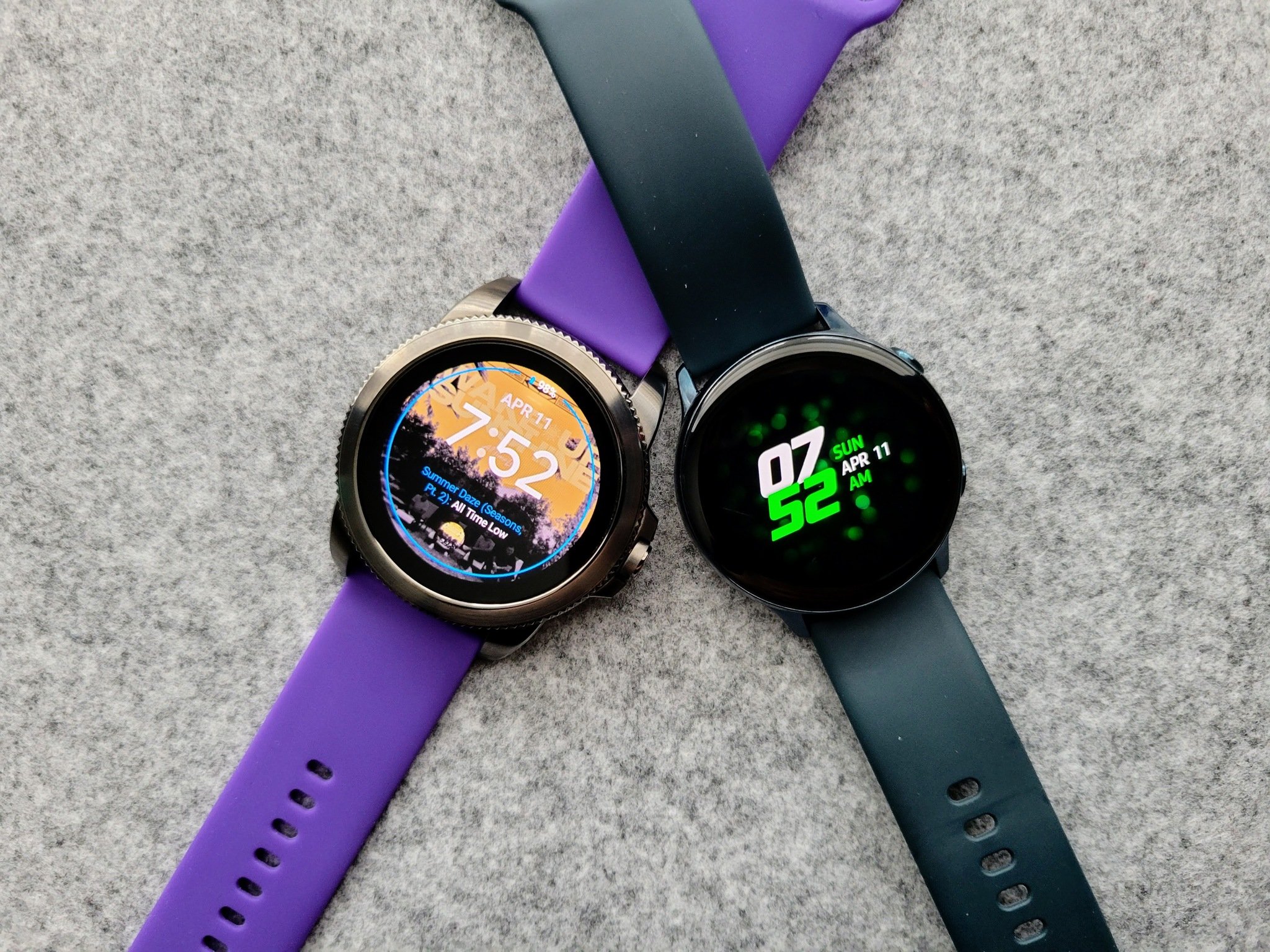
I am currently wearing a Fossil Gen 5E on my wrist, and while it's just okay, I'm longing for my Galaxy Watch Active. In fact, I'd be wearing the Watch Active right now, even though it's two years older than the Fossil Gen 5e, but my dad's Fitbit broke, so I'm letting him test drive it before we buy him something new.
Wear OS has the best notifications on your wrist, but that alone can't help save it from the sluggishness of opening apps and updating Tiles. Wear OS needs major optimization and streamlining to help it just work better, and I'm firmly convinced Google will not do it alone. We know that OnePlus tried to make Wear OS work for the OnePlus Watch, but that eventually failed and OnePlus had to go it alone.
Considering that the Google Hardware division is essentially cursed when it comes to its software — major bugs have impacted almost every Pixel generation as well as the eight-month-old Chromecast with Google TV — I'm not sure why we think Wear OS's systemic issues are going to magically be fixed by the recently leaked Pixel Watch.
If anyone's going to help Google finally get its shit together around Wear OS, it's not going to be Google itself; it's going to be a partner like Samsung.
![]()
Yes, I know that the Google Pixel's software is seen by many as the "true" version of Android, but Samsung's One UI is the more polished and put-together version of Android that manufacturers are emulating. From OnePlus's OxygenOS 11 and now even Google itself pulling some of One UI's ideas into Android 12, there's no denying that Samsung knows how to design a user-facing experience that is geared towards what users need and expect.
Samsung leads the way on tablets and foldables. Why not on Wear OS, too?
Samsung also led the way on foldables, working with Google to improve app compatibility and help shape the way Android handles folding phones. And let's not forget tablets, where Samsung quite literally runs the table of best Android tablets and where its Dex desktop-like mode is leaps and bounds ahead of competitors like the Lenovo P11 Pro.
Samsung went to Tizen after the Samsung Gear Live, one of the first Android Wear watches but far from the last disappointing Android watch. Back in 2014, I could understand ditching Android Wear because it needed a lot of work and Samsung needed a system that could deliver a worthwhile experience right now. It also allowed Samsung to show off Tizen as a functioning platform.
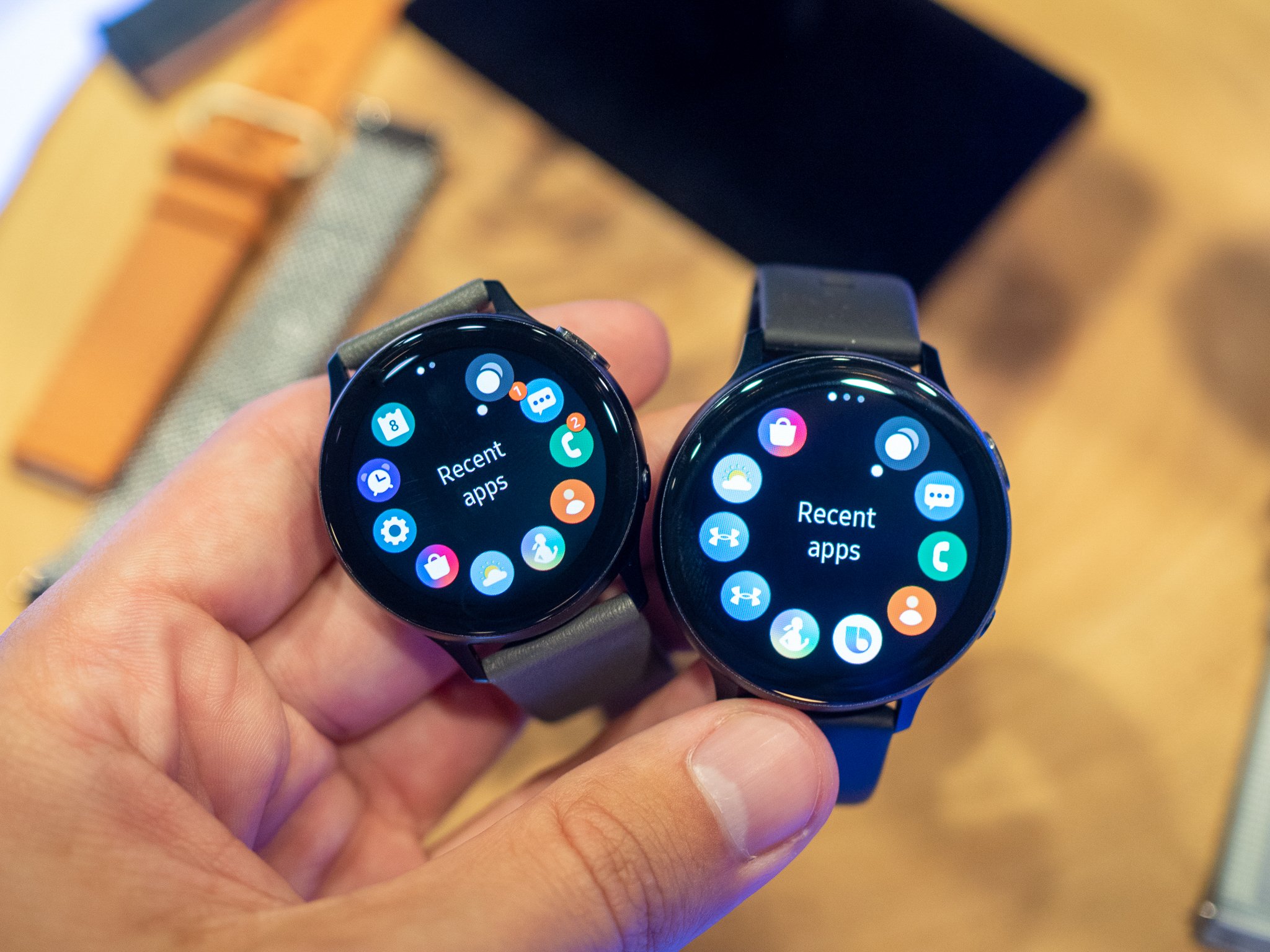
Well, times have changed, and Samsung has hit a wall with its watches. See, Samsung's figured out how to get battery life where they want it, Samsung Health is better than Google Fit — not quite as good as Fitbit, but a step up from Google Fit — and Samsung has absolutely nailed smartwatch design. So what exactly is the problem? App support.
See, there may be a small assortment of apps you can download for a Galaxy Watch, but that number more than triples if you go looking for Wear OS apps on Google Play. Even more important, there are no Google services on a Galaxy Watch. You're stuck with Bixby over Google Assistant for voice searches and dictated messages. There's no integration for services like Google Pay, Google Keep, or Google Maps, and since it's not moderated through Google Play but rather the Galaxy Apps, that makes a Galaxy Watch a pain to use on any non-Samsung phone — like the Pixel 3a XL my dad is test-driving my Galaxy Watch Active on.
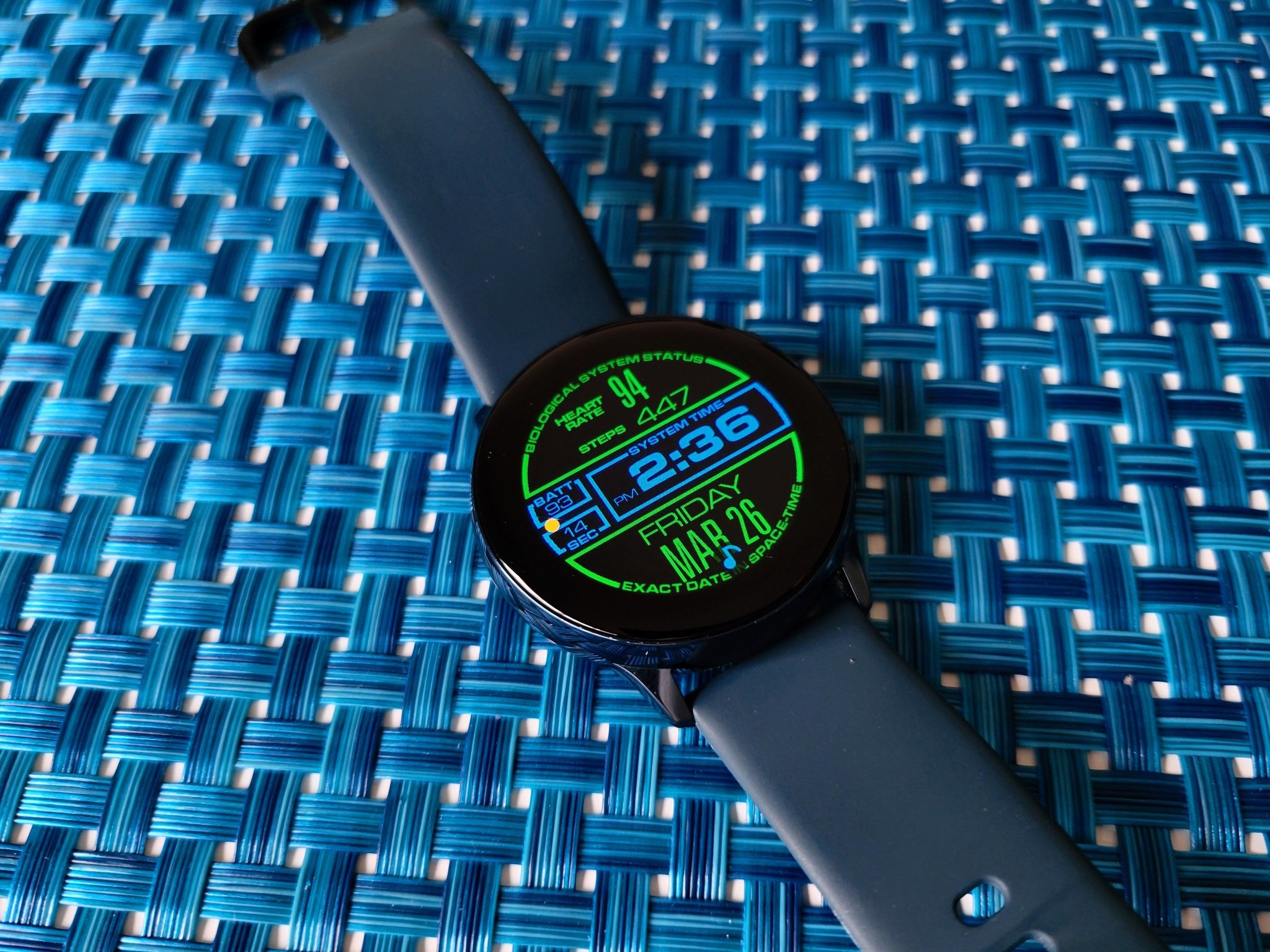 The only "app" I'll miss from Tizen: this Star Trek-inspired watch face.
The only "app" I'll miss from Tizen: this Star Trek-inspired watch face.
Swapping back to Wear OS could solve Samsung's app support issues, and Samsung has enough engineers and determination to actually succeed in taming Wear OS's performance issues where OnePlus failed. Google would bring some of the best Android smartwatch back into the Wear OS fold, and the fixes and optimizations Samsung brings to Wear OS could improve performance on any number of current or future Wear OS watches, something we desperately need if Wear OS is going to do more than stagnate into obscurity.
It's still asking a lot for these two companies to bury their wearable hatchets and come together, but given the months of leaks that has hinted heavily at this, I don't think I'm wrong to dream of it. A Galaxy Watch Active running Wear OS could be the best Wear OS watch ever because when Samsung and Google can put their differences aside and work together, they can move mountains.
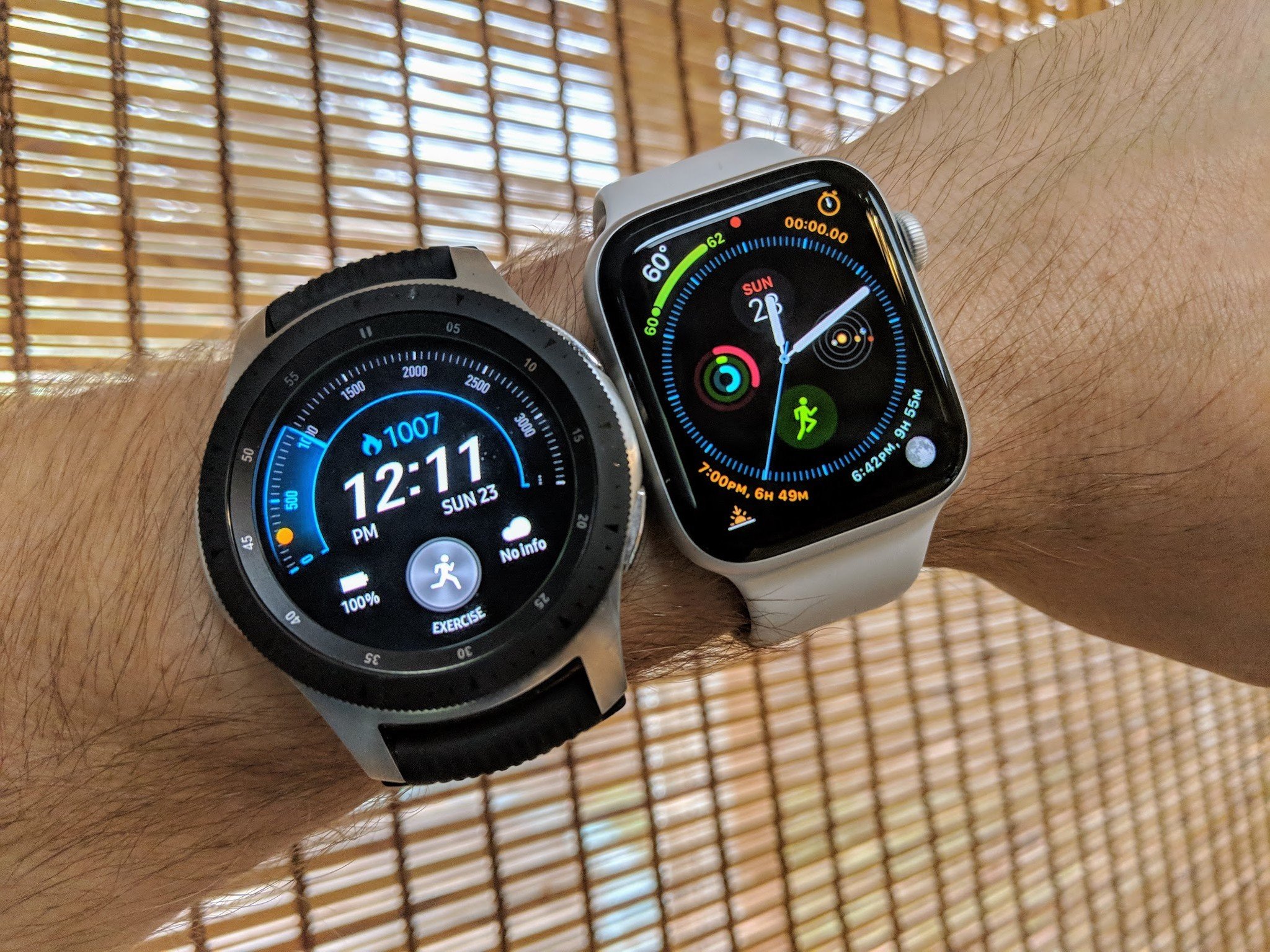
Considering the shellacking both Tizen and Wear OS get from each new generation of the Apple Watch, it's about time for these two titans to team up and deliver a true competitor. Google can finally bring us the Pixel Watch we've been begging them to make for years — and maybe it'll be a pretty good watch — but Wear OS is still far too broken to produce a truly great watch.
For that, I'm waiting for August and the next Galaxy Watch Active.
11/04/2021 04:00 PM
Weekend poll - Which dead Google app or service do you miss the most
11/04/2021 05:31 PM
Google allegedly gave its ad system an advantage with a special project
11/04/2021 10:20 PM
Google wants to give you $30 for using Google Pay
11/04/2021 01:34 PM
OnePlus 9 Pro review - Nailed it
11/04/2021 07:34 PM
Best YouTube VPN 2020 - Unblock and stream with ease
11/04/2021 07:00 AM
Find lost items anywhere with these tiny Bluetooth trackers
11/04/2021 04:55 PM
Grab some new 1More true wireless earbuds for as low as $40 in this sale
11/04/2021 12:48 PM
- Comics
- HEALTH
- Libraries & Demo
- Sports Games
- Racing
- Cards & Casino
- Media & Video
- Photography
- Transportation
- Arcade & Action
- Brain & Puzzle
- Social
- Communication
- Casual
- Personalization
- Tools
- Medical
- Weather
- Shopping
- Health & Fitness
- Productivity
- Books & Reference
- Finance
- Entertainment
- Business
- Sports
- Music & Audio
- News & Magazines
- Education
- Lifestyle
- Travel & Local




